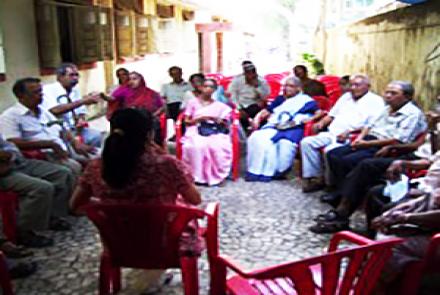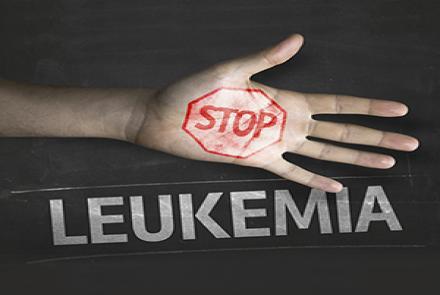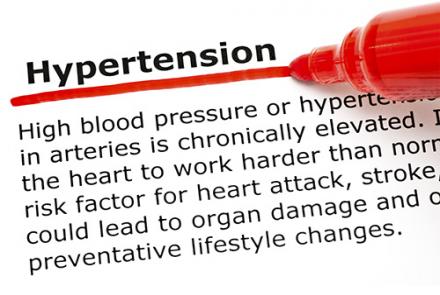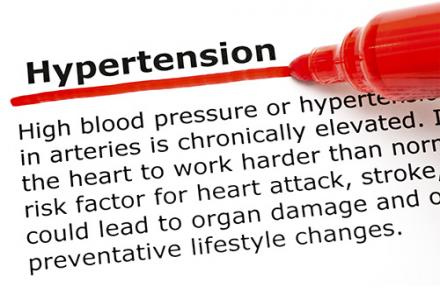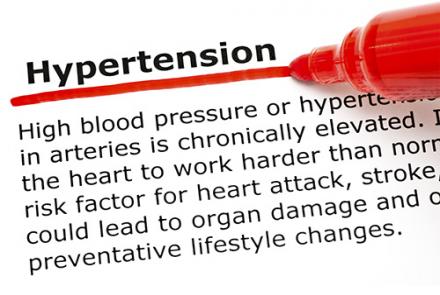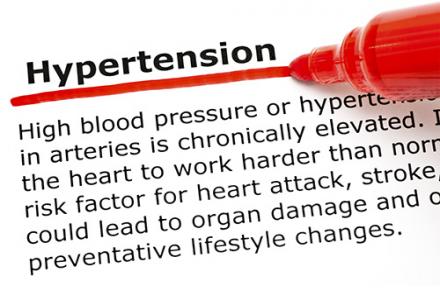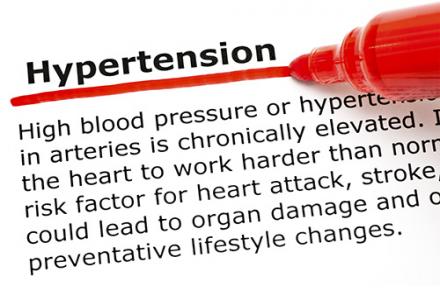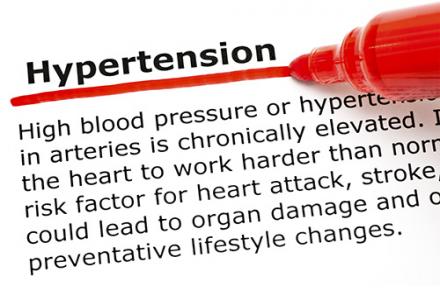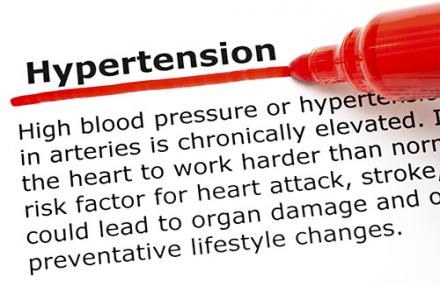Living with Parkinson’s can be difficult most of the time but you can help change that by improving your lifestyle. Here are 12 tips on managing the middle stage of Parkinson's Disease how.
1. Stay Healthy
Staying healthy is extremely important, as good health is the key to a better and easier life with Parkinson’s. Here are some ways in which you can stay healthy:
2. Exercise
Exercising helps to release happy hormones called ‘endorphins’. Endorphins not only help to get you in a good mood, but…
Latest Stories
- There are several treatment options for controlling leukemia based on status and severity. Several prognostic features, such as the patient's age and overall health are taken into consideration before deciding a particular treatment regimen. The five major approaches to the treatment of leukemia are: Radiation Therapy Chemotherapy Immunotherapy Targeted therapy Stem Cell Transplantation Surgery (in specific cases only) Radiation Therapy Radiation therapy is one of the many tools used to…
- In addition to medical treatment of hypertension, you also need to make lifestyle changes to manage your Blood Pressure: Food and Nutrition A healthy eating plan can both reduce the risk of developing high blood pressure and lower an already elevated blood pressure. For an overall healthy eating plan, consider the DASH (Dietary Approaches to Stop Hypertension) diet. The DASH eating plan includes whole grains, poultry, fish and nuts and has reduced amount of salt, fats, red meat, sweets and…
- Can hypertension be prevented Once high blood pressure develops, it usually lasts a lifetime and has to be managed with medication. You can try to prevent high blood pressure from developing or delay its onset by addressing the risk factors of Hypertension taking the following steps: Eat healthily - For an overall healthy eating plan, follow the DASH (Dietary Approaches to Stop Hypertension) diet. The DASH eating plan includes whole grains, poultry, fish and nuts and has reduced amount of…
- Many drugs are available for the treatment of high blood pressure. Your doctor may recommend some of the following medications for treating hypertension: Diuretics – These are called ‘water pills’ as they work on the kidney and flush excess water and sodium from the body. Beta-blockers – These reduce nerve impulses to the heart and blood vessels. This makes the heart beat slower and with less force. Angiotensin converting enzyme (ACE) inhibitors – These prevent the formation of a hormone…
- What tests do you need to have done for Hypertension ? Your doctor may recommend some of the following tests for a proper diagnosis of High Blood Pressure and its severity. General tests Physical examination Your doctor will ask for your family history of high blood pressure and other conditions, check your blood pressure and look at your blood reports. Blood tests include blood urea nitrogen (BUN) and serum creatinine, which may be elevated if there is underlying kidney disease. Blood urea…
- Major types of hypertension (high blood pressure) Primary hypertension, also known as essential hypertension, is the most common type of hypertension. For this type of hypertension, there is no single identifiable cause. There is no apparent underlying disease, condition or disorder causing the high blood pressure. Instead, hypertension occurs because of genes, diet and lifestyle. Secondary hypertension is a less common form of the disease that occurs because of a specific condition. Disorders…
- Extremely high blood pressure may bring on the following symptoms Severe headache Fatigue or confusion Vision problems Chest pain Difficulty breathing Irregular heartbeat Blood in the urine Pounding in your chest, neck, or ears Untreated hypertension can lead to serious diseases, including stroke, heart disease,kidney failure and eye problems. See section on Complications.
- Hypertension or high blood pressure may be caused by any of the following reasons: Narrowing of the arteries A greater than normal volume of blood The heart beating faster or more forcefully than it should Any of these conditions will cause increased pressure against the artery walls. High blood pressure may also be caused by some other underlying medical problem. Are you at risk of developing high blood pressure? Risk factors for high blood pressure include: Age and gender…

